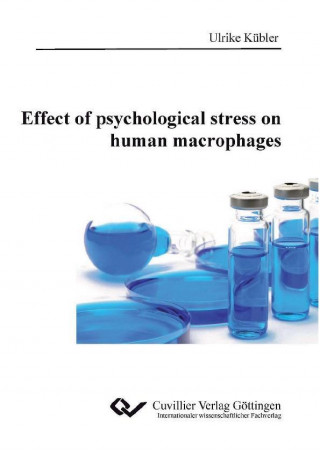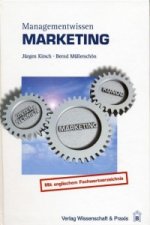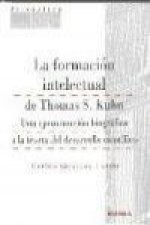
Delivery
Shopping guide





Doesn't suit? No problem! You can return within 30 days
 Gift voucher
any value
Gift voucher
any value
You won't go wrong with a gift voucher. The gift recipient can choose anything from our offer.
Effect of psychological stress on human macrophages
 English
English
 80 b
80 b
 Delivery to Austria
Delivery to Austria
30-day return policy
You might also be interested in


The present thesis aimed to investigate the effects of psychological stress on the microbicidal potential of human macrophages in order to shed more light on the mechanisms that underlie stress-induced delays in the progress of wound healing. For this purpose, two studies were conducted. In a first study, we implemented an in vitro assay to assess the microbicidal potential of human macrophages. In a second study, we set out to examine the influence of an acute psychological stressor on the microbicidal potential of human macrophages within a wound paradigm. STUDY I Quantitative and qualitative changes in circulating leukocytes are known to be linked to psychological states. However, there is little information regarding comparable results with leukocytes in peripheral tissues, such as associations between the microbicidal potential of macrophages and psychological states. In this study, we implemented an inexpensive, simple-to-use and valid in vitro method for measuring the microbicidal potential of ex vivo isolated human monocyte-derived macrophages (HMDM). The method was implemented and validated using 21 healthy male subjects (M = 35.0 yrs; SEM = 2.32). The assay principle is based on the reduction of 2-(4-Iodophenyl)-3-(4-nitrophenyl)-5-(2,4-disulfophenyl)-2H-tetrazolium (WST-1) by superoxide anions (O2-.), the first in a series of pathogen-killing reactive oxygen species produced by activated macrophages. First, freshly-isolated human monocytes were chemically stimulated to differentiate into macrophages. Subsequently, the HMDM were activated with phorbol 12-myristate 13-acetate to induce a microbicidal or O2- response. The WST-1 macrophage assay induced O2- responses by HMDM in all of the subjects. Furthermore, the WST-1 reduction scores correlated closely with results obtained by a reference method. The findings suggest that the in vitro method implemented investigates the microbicidal potential of ex vivo isolated HMDM in a simple, cost-efficient and valid manner. STUDY II Acute psychological stress induces changes in circulating blood leukocytes, but its effect on leukocytes in peripheral tissues is largely unknown. Activated tissue macrophages are important in early phases of wound healing, in particular by killing microbes. We hypothesized that (a) acute psychological stress reduces the microbicidal potential of HMDM, and (b) these reductions are related to stress hormone release. Forty-one healthy men (mean age 35 ± 1 yr) were randomized to either the stress (n = 24) or control group (n = 17). While the stress group underwent the Trier Social Stress Test (TSST; combination of mock job interview and mental arithmetic task), controls did not. Assessing the microbicidal potential, we investigated PMA-activated O2- production by ex vivo isolated HMDM immediately before and after stress, and during recovery up to 60 min after TSST / rest. Moreover, we repeatedly measured plasma norepinephrine and epinephrine levels as well as salivary cortisol. The groups differed significantly in their HMDM microbicidal potential (p = .01) in reaction to stress. Post hoc testing revealed that while HMDM of the control group displayed a significant increase in O2- production over time (p = .02), the cells of the stress group did not (p = .83). Immediately and 10 minutes after stress, O2- production by HMDM was lower in stressed subjects as compared to controls (pżs<.05). Statistical mediation testing revealed that higher norepinephrine levels mediated lower amounts of O2- responses. Our results suggest that acute psychological stress reduces the microbicidal potential of HMDM probably by norepinephrine release. This might have implications for stressinduced impairment in wound healing.
About the book
 English
English
Categories


 Contact
Contact How to shop
How to shop




























